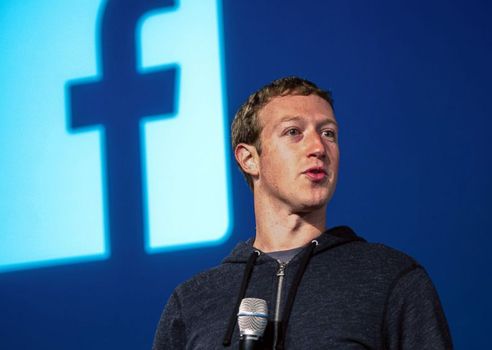Reading time: Less than 1 minute
In the face of some serious hacks, here’s what you can do to improve your own password security…
When Facebook founder Mark Zuckerberg had his social media accounts hacked earlier this month you probably knew it was time to get serious about your computer security.
That fact was underscored a few days later when news broke that the social network VK had been hacked, and some 100 million passwords leaked. VK is the largest social network in Europe, and it’s especially popular in Russia. Here’s what the leak revealed about password choices:
The most popular leaked password was “123456.” The second most popular password was “123456789.” And in the third spot: “qwerty.”
According to the group claiming responsibility for the Zuckerberg attack, his password was weak — “dadada.” (Too short, too many of the same letters, no numbers or special characters. Also, it was well known that he’d recently become a father.)
To improve your own security, invest in an inexpensive piece of software such as 1Password. It requires you to remember ONE password and then it will generate other difficult-to-crack passwords for each site requiring them. 1Password is inexpensive, easy-to-use and can be set up on multiple devices including your phone. (I’m unassociated with the company except that I’m a happy customer and I receive no commission or financial benefit if you decide to buy their software.)
There’s also a no-cost option you can use to reduce your risk. It’s called HaveIBeenPwned.com. It’s a searchable database of accounts that have been compromised in data breaches. You go to the website, enter your email address or username, and it searches through almost a billion records of accounts that have been leaked.
It also offers the option to notify you, by email, about future breaches. That, of course, is a good indication you should change your password immediately.

